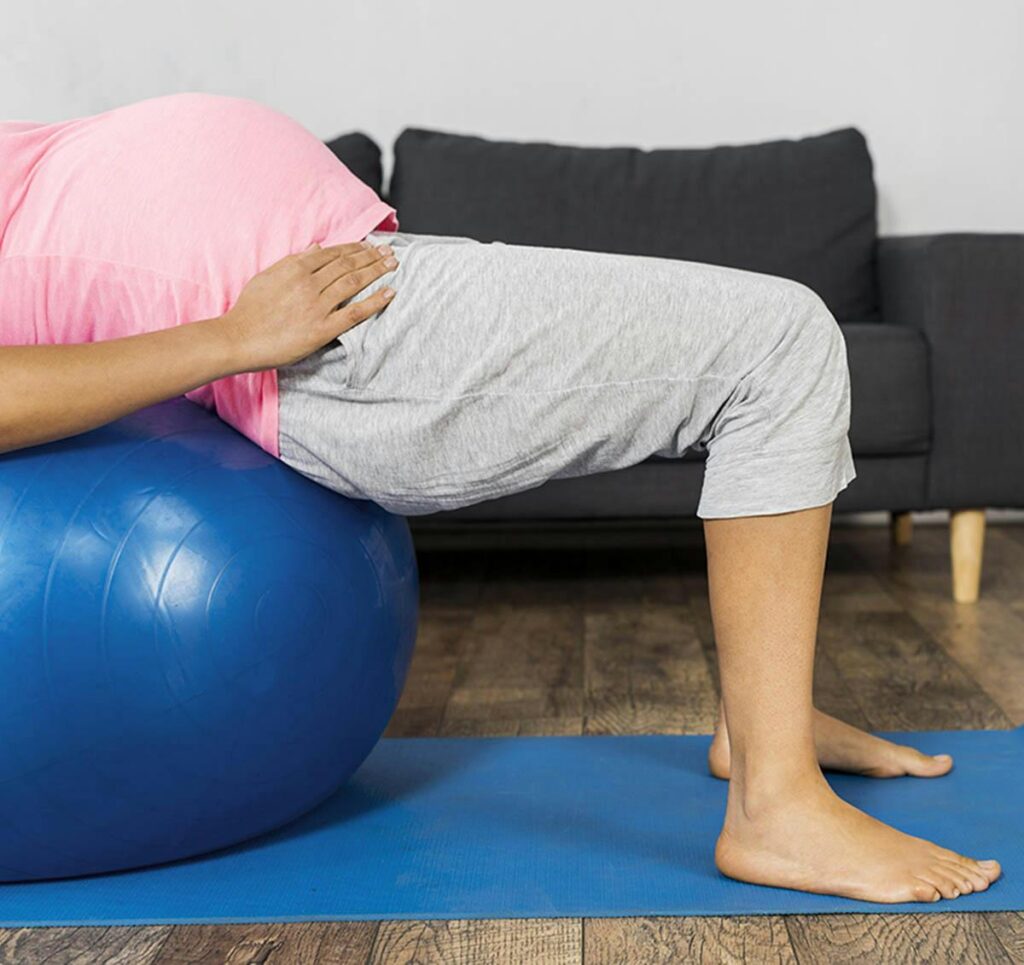Introduction
Pregnancy is a time of significant physical and emotional changes, bringing about unique challenges that can affect a woman’s body and quality of life. Physical therapy during pregnancy can be an invaluable resource, offering a range of benefits designed to support health, well-being, and preparation for childbirth. As a Doctor of Physical Therapy, I’m here to highlight the eight key benefits of physical therapy for pregnant women, showcasing how it can facilitate a smoother pregnancy and postpartum recovery.
1. Alleviates Back Pain
One of the most common complaints during pregnancy is back pain, due to the increased strain on the back muscles as the belly grows. Physical therapy offers targeted exercises and manual techniques to strengthen the back, improve posture, and alleviate discomfort, making daily activities more manageable.
2. Reduces Pelvic Pain
Many pregnant women experience pelvic pain, often resulting from changes in pelvic alignment and pressure from the growing uterus. Physical therapists specialize in pelvic floor exercises and stabilization techniques that can significantly reduce pelvic pain and improve pelvic health.
3. Enhances Circulation
Swelling in the legs and feet is a frequent issue during pregnancy, often exacerbated by changes in circulation. Physical therapy exercises are designed to promote blood flow and reduce swelling, enhancing comfort and reducing the risk of varicose veins.
4. Prepares the Body for Childbirth
Physical therapy can prepare the body for childbirth by strengthening the pelvic floor muscles, which are crucial for labor and delivery. Techniques such as deep breathing, relaxation exercises, and specific birthing position practices can also be incorporated to ease the childbirth process.
5. Improves Posture and Body Mechanics
As the center of gravity shifts during pregnancy, posture can be significantly affected, leading to discomfort and imbalance. Physical therapists guide pregnant women in adopting healthy posture habits and body mechanics, reducing strain and enhancing mobility.
6. Supports Recovery Post-Partum
Post-partum recovery can be facilitated with physical therapy, which addresses abdominal muscle weakness, pelvic floor recovery, and any lingering pain or discomfort. Tailored exercises help new mothers regain strength and functionality at a comfortable pace.
7. Offers Customized Exercise Plans
Understanding that every pregnancy is unique, physical therapists provide personalized exercise plans based on individual health profiles, fitness levels, and pregnancy-related concerns. This ensures safe, effective support tailored to each woman’s specific needs.
8. Promotes Overall Well-being and Stress Reduction
Beyond physical benefits, physical therapy can promote overall well-being and stress reduction during pregnancy. Therapeutic exercises combined with education on body awareness and relaxation techniques contribute to a positive pregnancy experience.
Conclusion
Physical therapy during pregnancy offers a holistic approach to managing the physical challenges and changes that come with this transformative period. By addressing common discomforts, preparing the body for childbirth, and supporting post-partum recovery, physical therapy stands out as a beneficial resource for pregnant women. Consulting with a healthcare provider and finding a physical therapist specialized in prenatal care can pave the way for a healthier, more comfortable pregnancy journey.
References and Further Reading
For those interested in exploring the benefits of physical therapy during pregnancy further, a wealth of resources is available through healthcare institutions, pregnancy wellness centers, and professional physical therapy associations. Engaging with these resources can provide deeper insights and support informed decisions about incorporating physical therapy into prenatal care.

